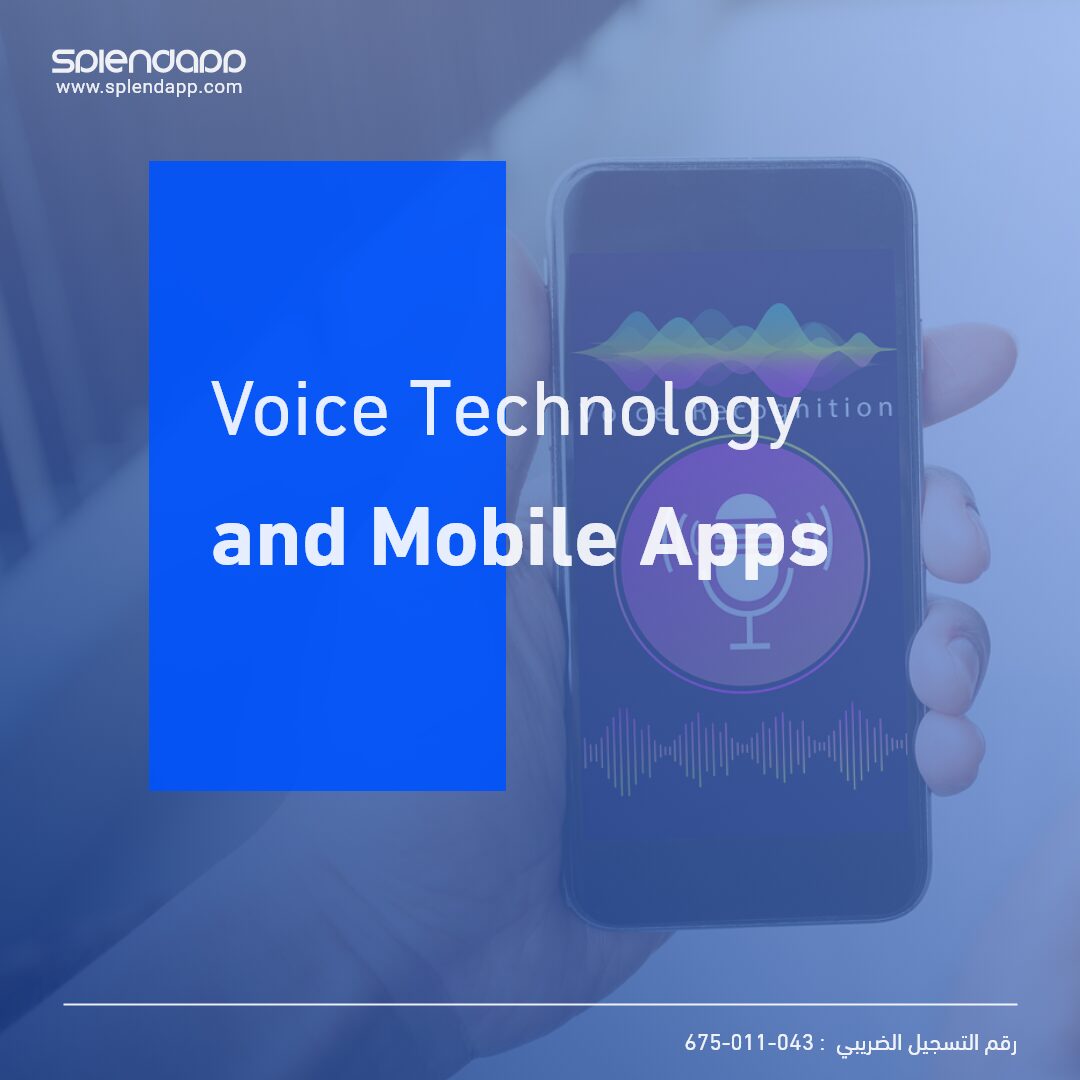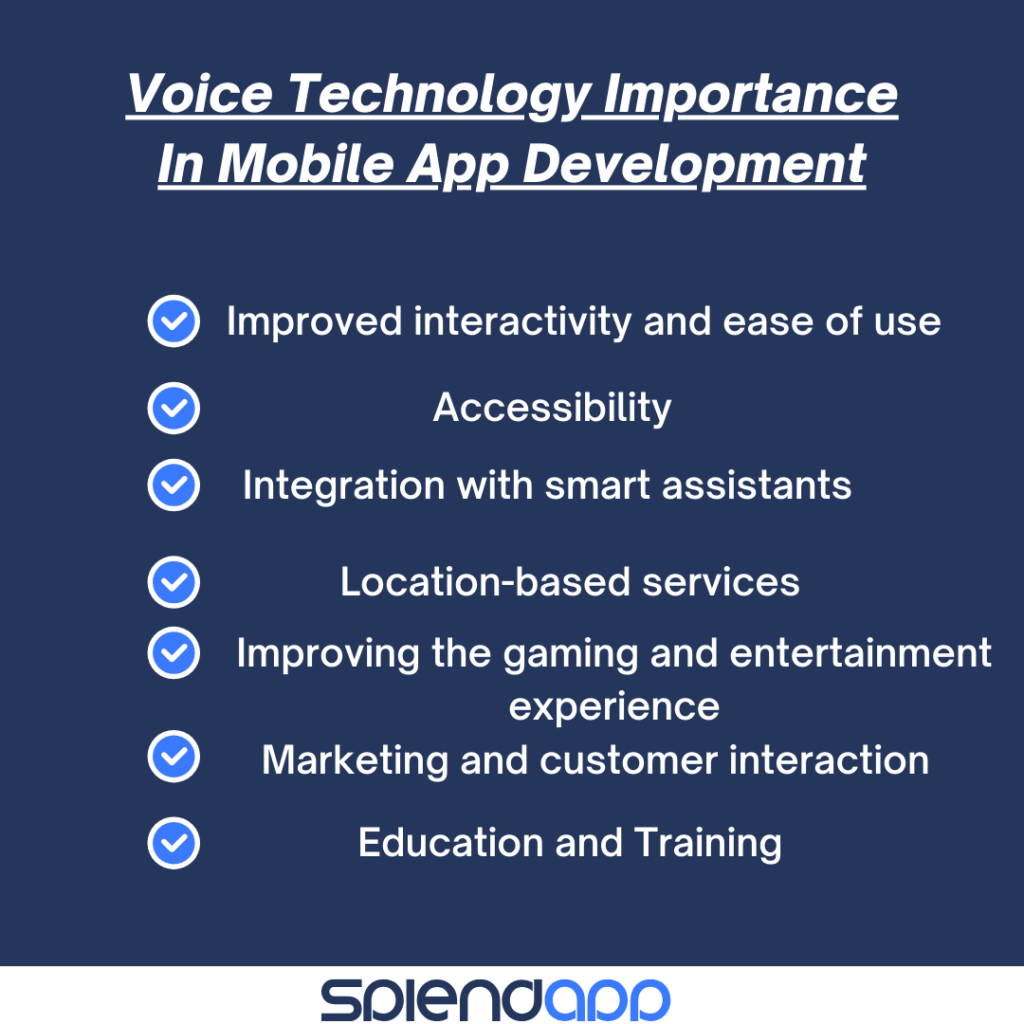

Voice Technology is a broad field that includes everything related to producing, recording, editing, and reproducing sound. This includes the methods and tools used to capture and modify sounds, such as microphones, speakers, and programs Edit audio.
The applications of Voice Technology extend from the musical fields, where it is used in recording and producing music, to the audiovisual industries, such as cinema and television, all the way to communications technologies and sound design in electronic games.
Voice Technology also includes the study of how humans perceive sound and how it can be processed to improve the auditory experience. In addition, with the advancement of technology, new fields such as speech recognition and artificial voice generation have emerged, and they play an important role in the development of modern user interfaces and interactive applications.
Voice Technology is a technical field that includes everything related to sound and its processing, from production to recording, editing, transmission, and replay. This technology covers a wide range of systems, hardware, and software designed to manipulate sound in various ways. Below are some of the main aspects and applications of the technology of sound:
Audio recording and production: includes the use of microphones, recorders, and programs to record and produce high-quality audio, and is used in music, radio, and films.
Speech recognition: A technology that enables devices to recognize and interpret human speech, and is the basis for voice assistants such as Siri and Google Assistant.
3D and surround sound technologies: Technologies that enhance the listening experience by making The sound more realisticadventureIt is used in games, cinema, and virtual reality.
Sound improvement and restoration: includes using software to improve the quality of old or damaged sound and remove distortion and noise.
Electronic sound and music generation: The use of hardware and software to generate electronic sounds and music, common in modern music production.
Audio broadcasting and distribution systems: Technologies for broadcasting and distributing sound across various media and systems, such as radio, television, and the Internet.
Voice interfaces for applications and devices: Technologies that enable interaction with hardware and software through voice commands, enhancing ease of use and access.
Assistive technologies for the deaf and hard of hearing: Devices and software designed to assist people with hearing disabilities, such as hearing aids and text-to-speech applications.
Voice technology plays a vital role in many aspects of our daily and business lives, and it continues to evolve rapidly with technological advances, opening up new possibilities for applications and innovations in the future.
Voice technology plays a pivotal role in mobile application development for several reasons:

Improved interactivity and ease of use: Users can interact with apps faster and more naturally through voice commands, eliminating the need to type or click.
Accessibility: Voice technologies enhance the usability of apps for people with disabilities, such as people with vision or mobility issues, by enabling voice interaction.
Integration with smart assistants: Many mobile phones are now equipped with smart assistants such as Siri and Google Assistant. Voice technology allows applications to integrate seamlessly with these services providing A smarter, more personalized user experience.
Location-based services: Mobile applications can use voice commands to provide personalized information and services based on the user’s location, such as searching for nearby restaurants or getting route directions.
Improving the gaming and entertainment experience: In gaming and entertainment applications, voice technology can create an immersive and interactive experience, such as controlling characters with voice commands or adding realistic sound effects.
Marketing and customer interaction: Voice technology allows businesses to interact with users in a more personal and engaging way, which can increase loyalty and engagement.
Education and Training: Education applications can greatly benefit from audio technologies by providing audio instruction, language interaction, and pronunciation training.
In conclusion, talking about sound technology, it can be said that it does not just represent a specialized technical field, but rather it is an integral part of our daily lives, affecting how we communicate, learn, and enjoy With entertainment, we interact with the world around us. With the continued advancement of technology, we have seen tremendous improvements in the quality, efficiency, and versatility of voice technology.
From voice commands and digital assistants to virtual reality and 3D gaming, voice technology opens up endless opportunities for innovation And improvement. It also contributes to making technology more inclusive and available to everyone, regardless of their abilities or their experiences.
In addition, voice technology plays an important role in areas such as health, education, and security, enabling new and effective methods for learning, diagnosis, and monitoring. As research and development in this field continue, we expect to see more advanced and innovative applications that improve our quality of life and expand the horizons of what we can achieve with technology.
Ultimately, voice technology is not just a technological feature, it is a transformative element that can enhance the way we interact with the world, expand our human capabilities, and enrich our daily experience beyond measure.